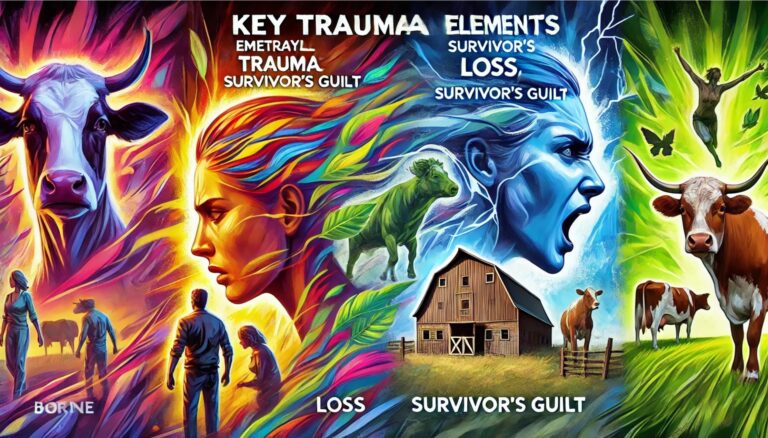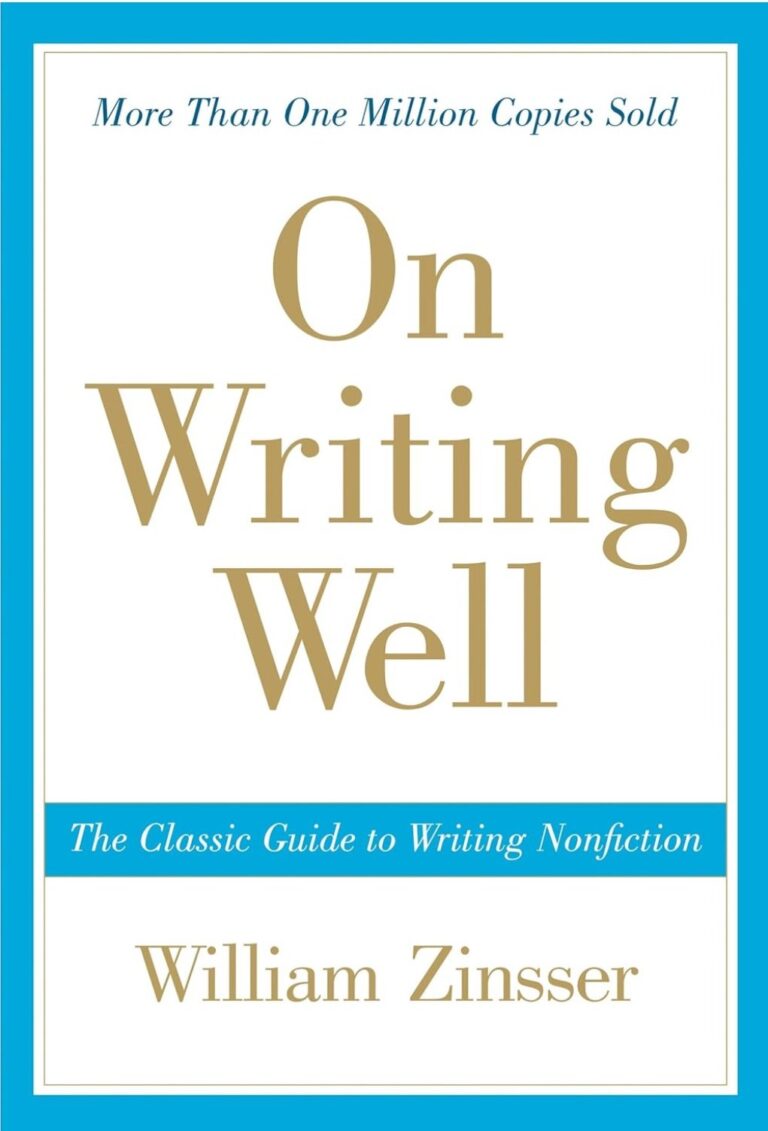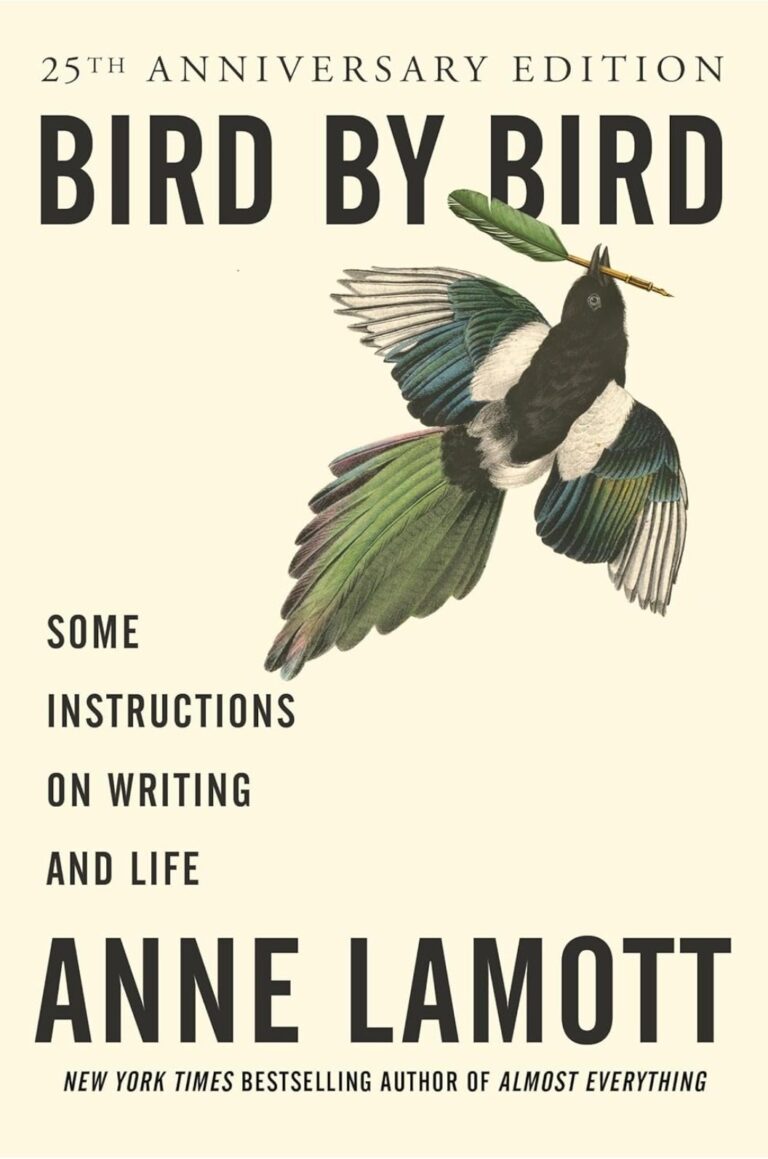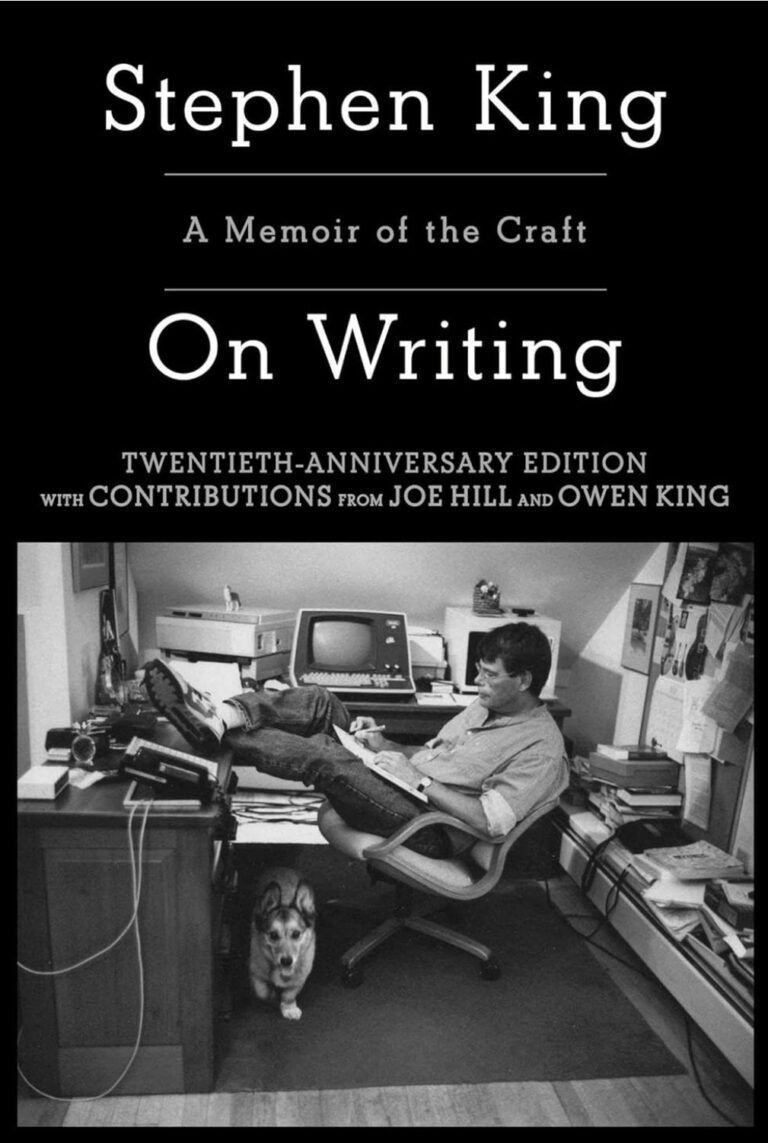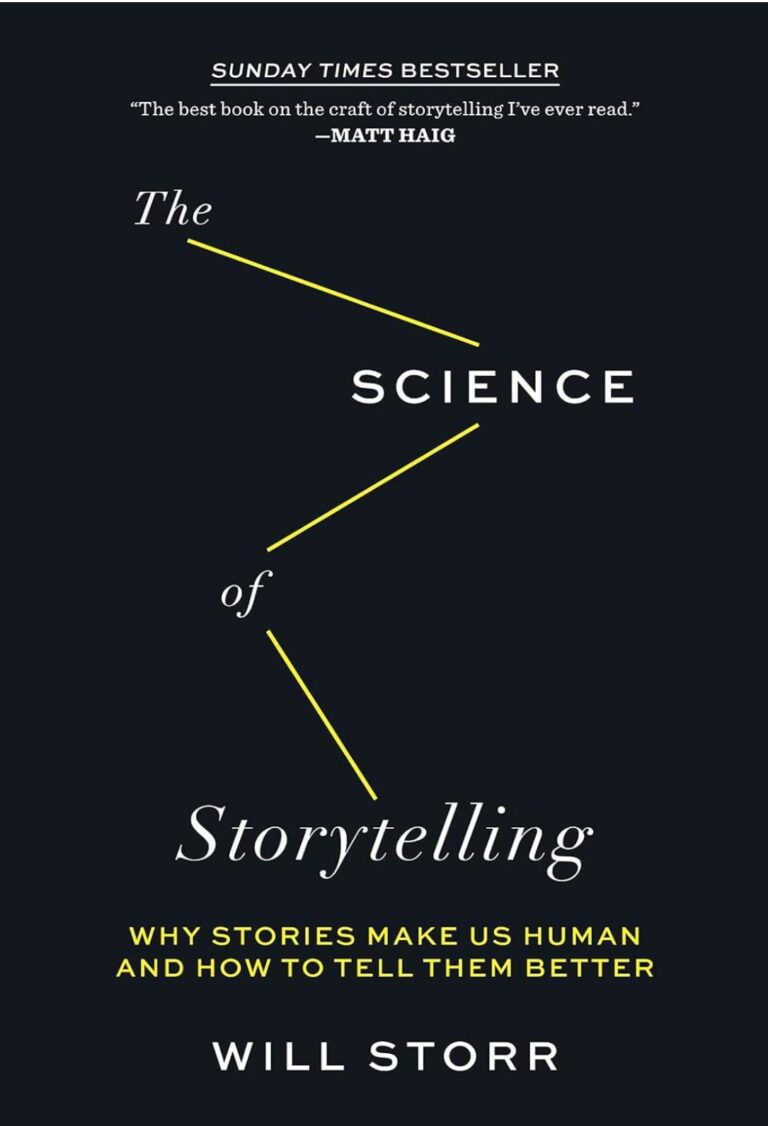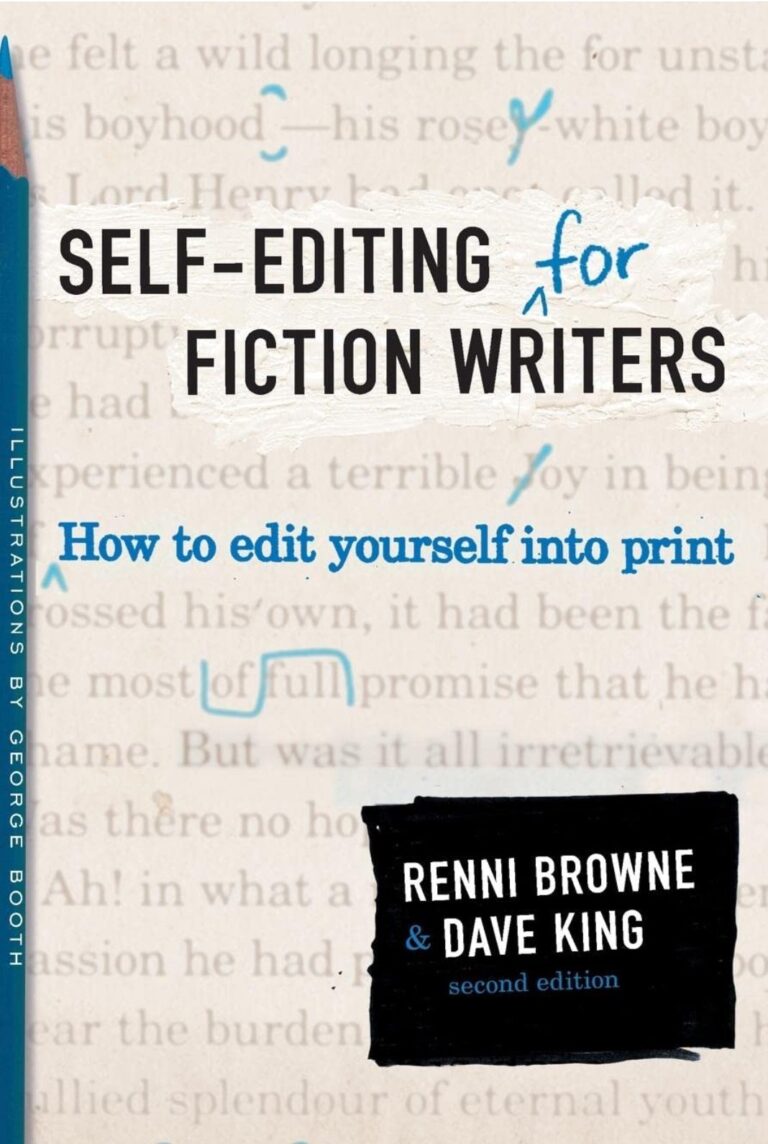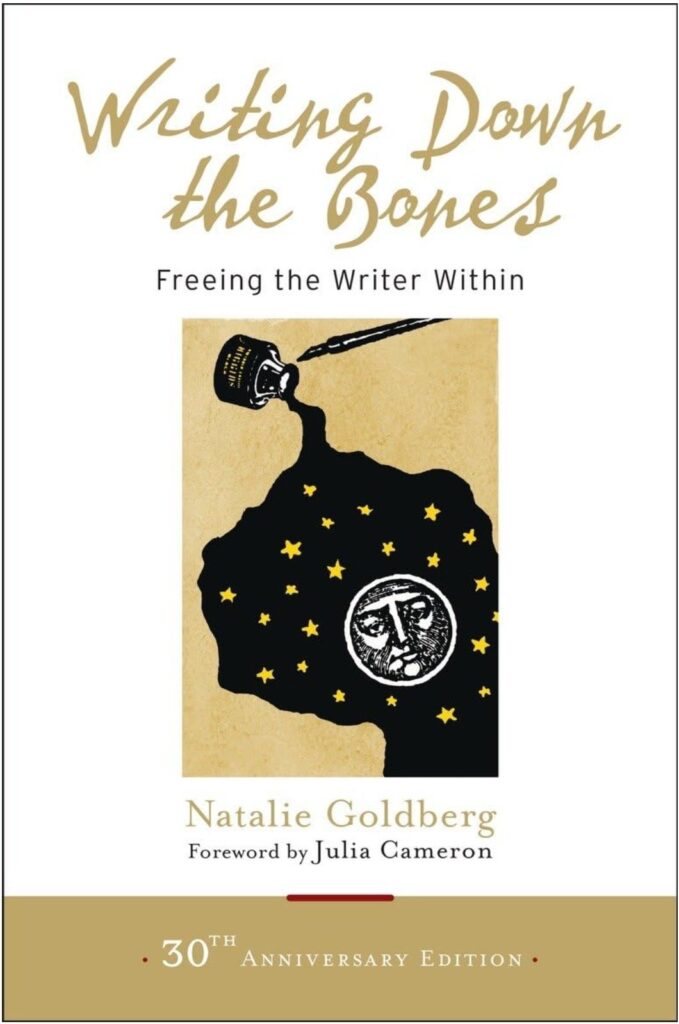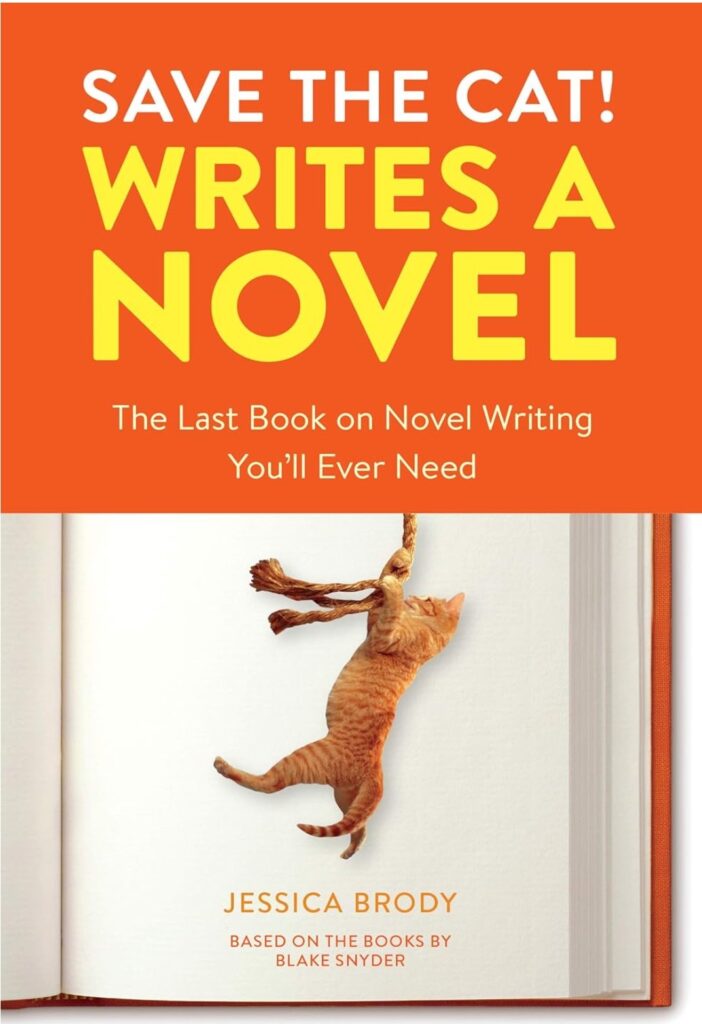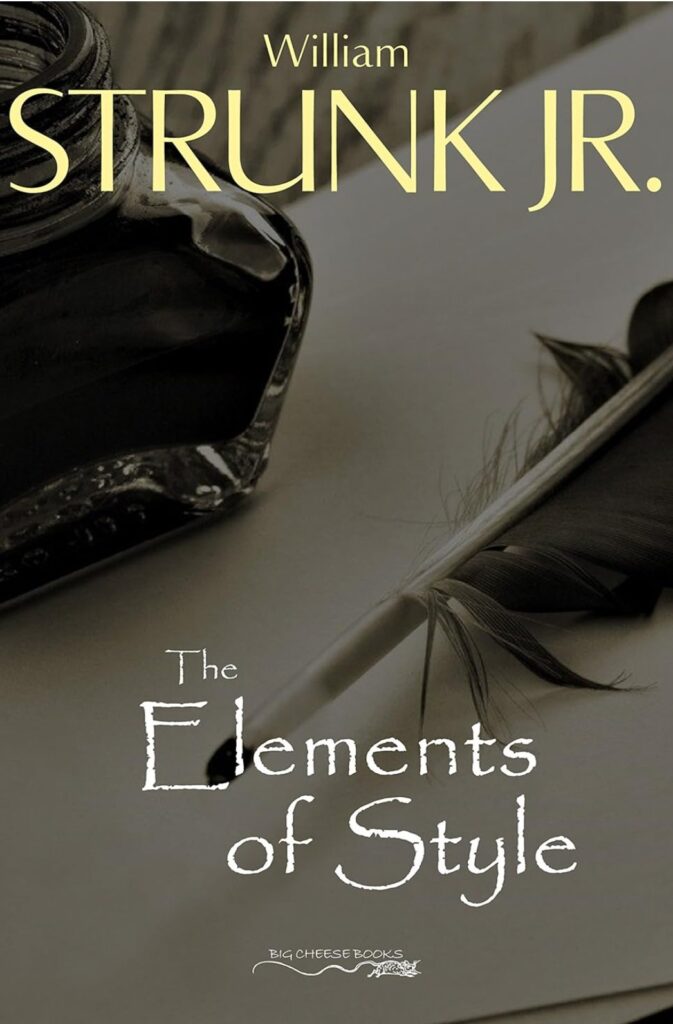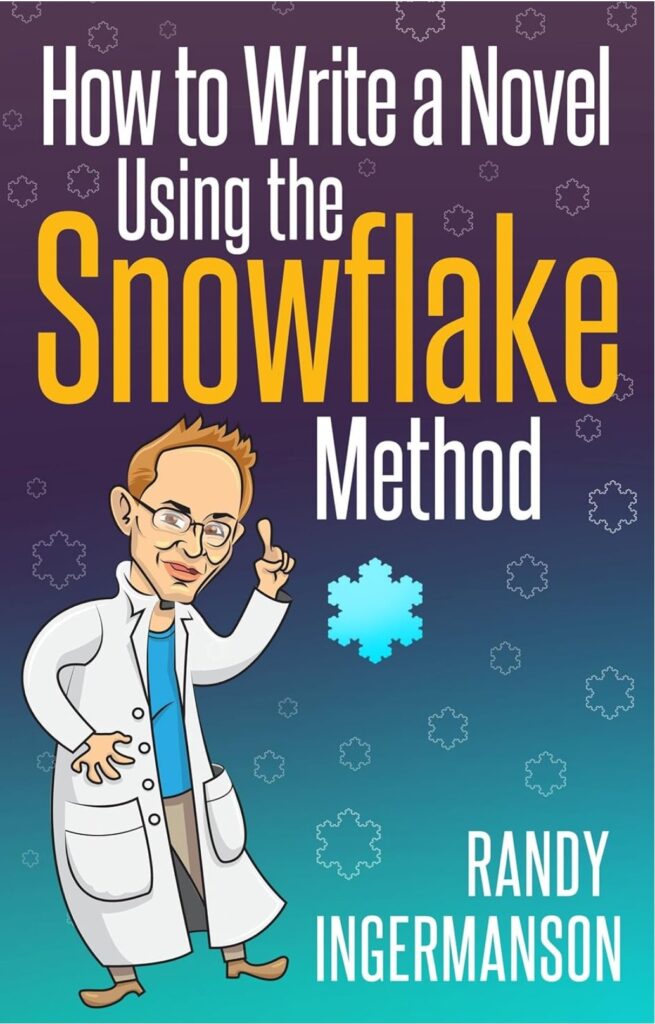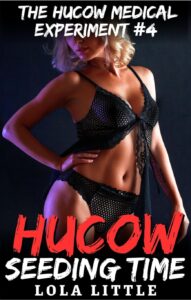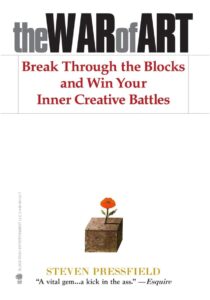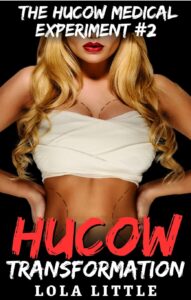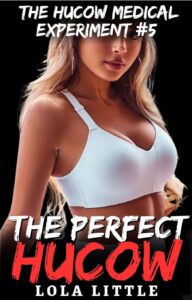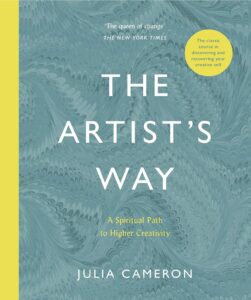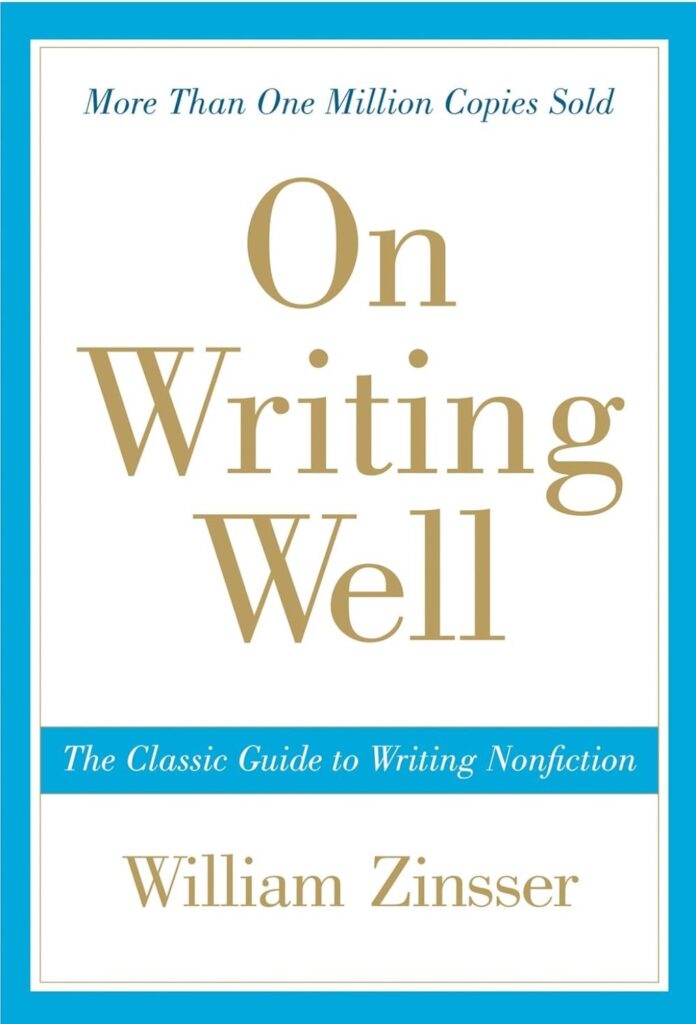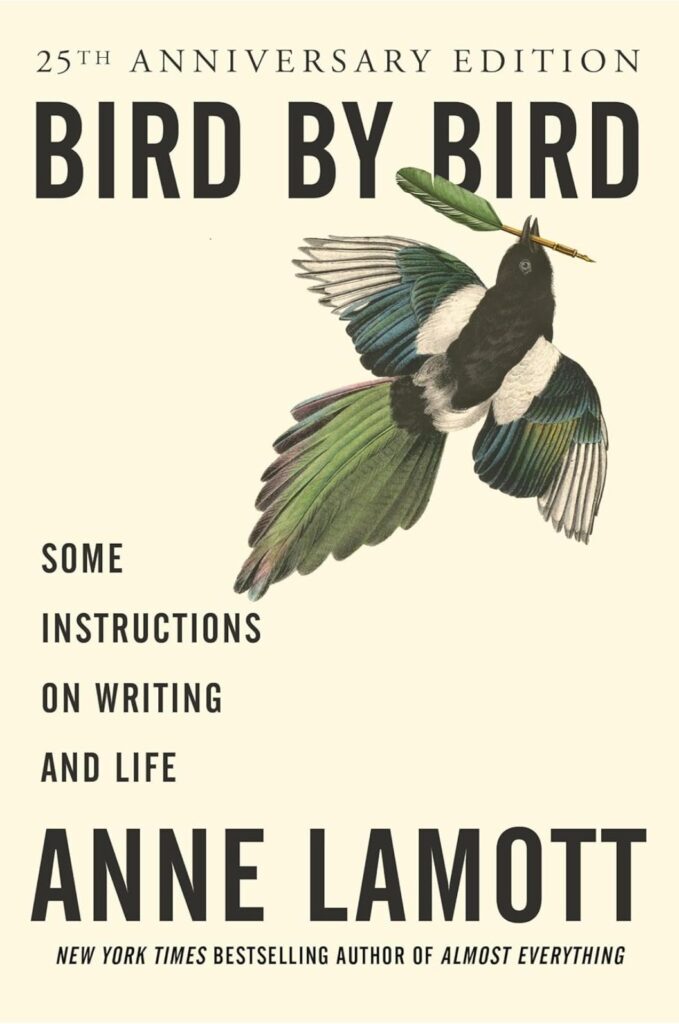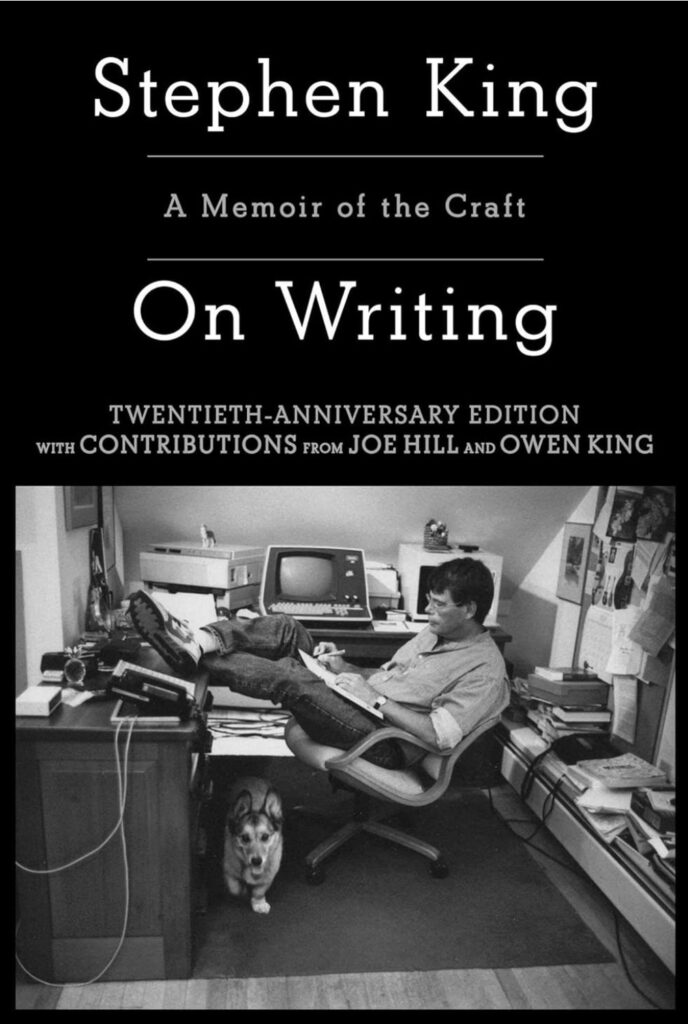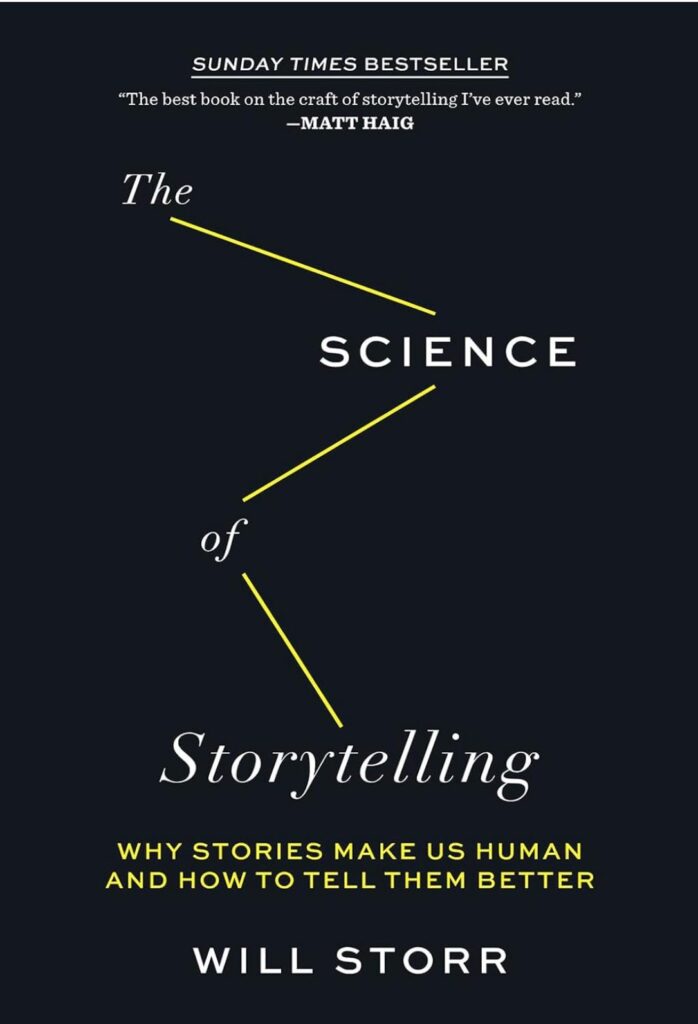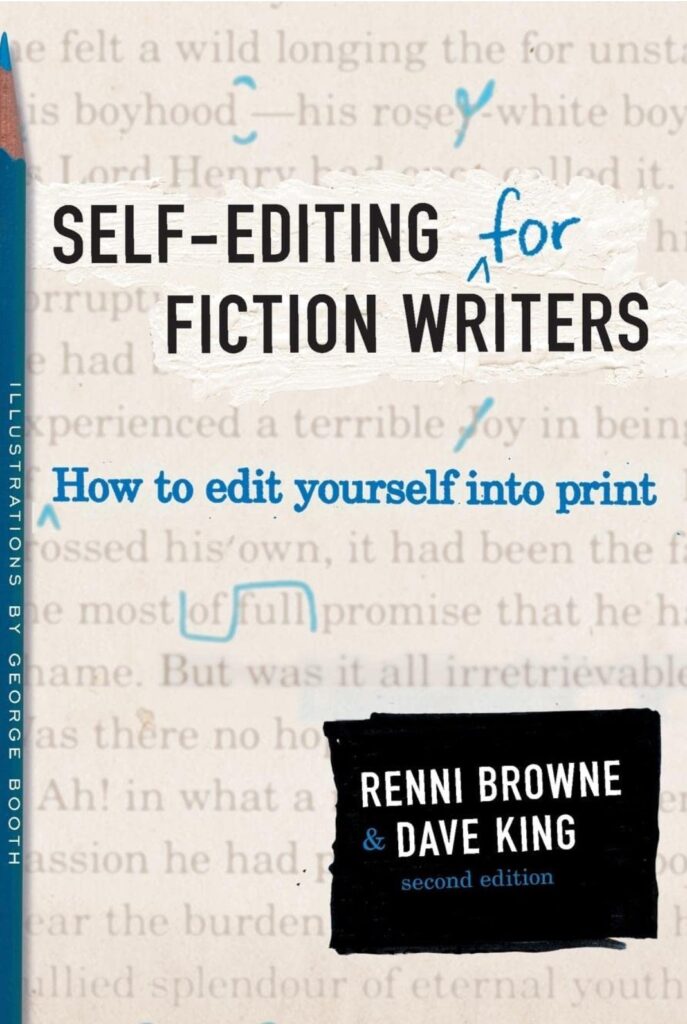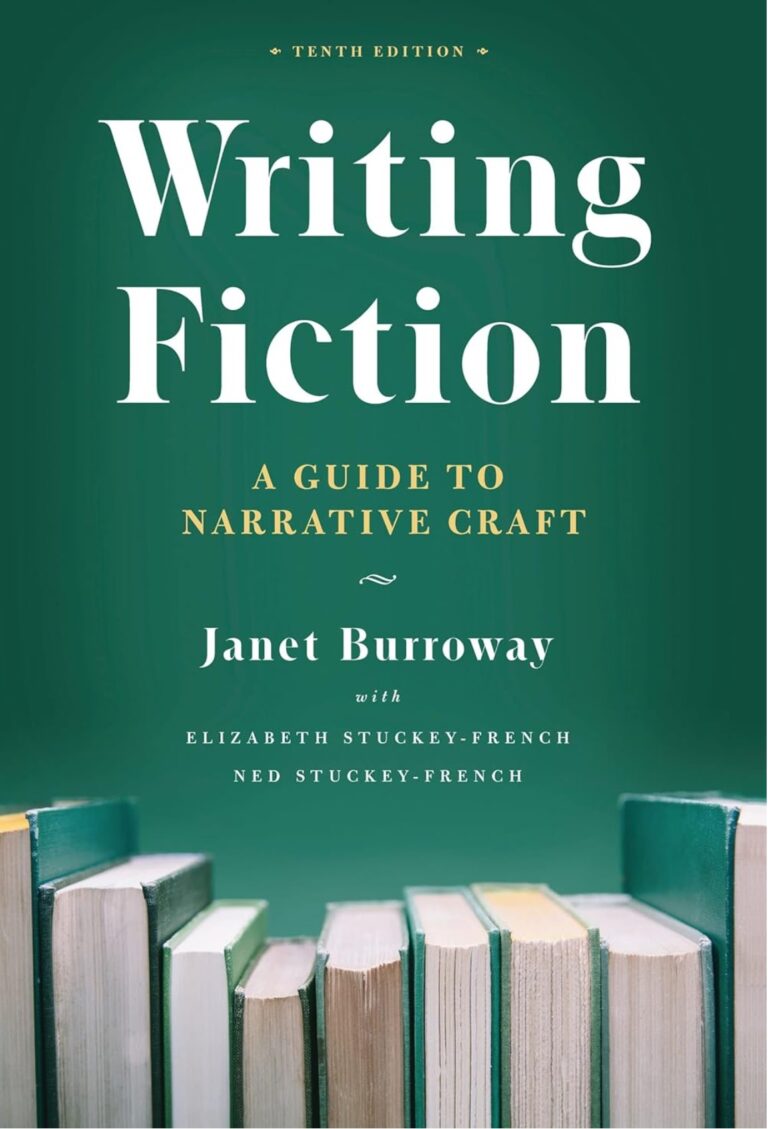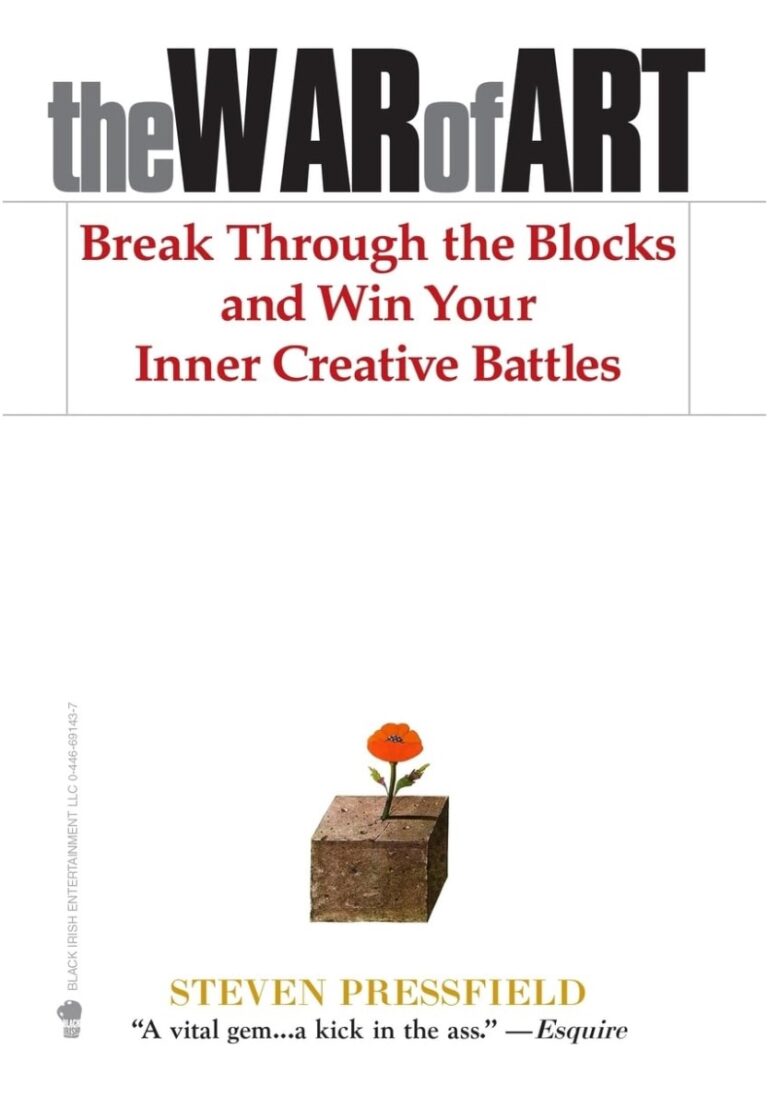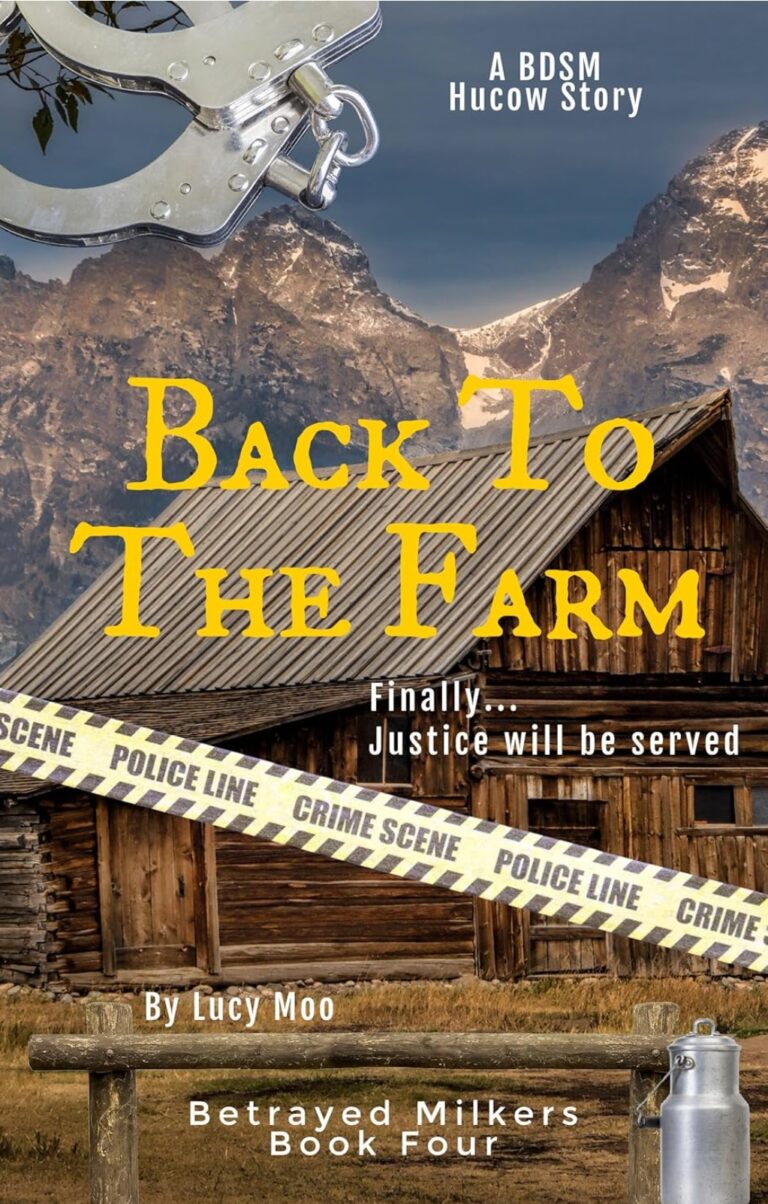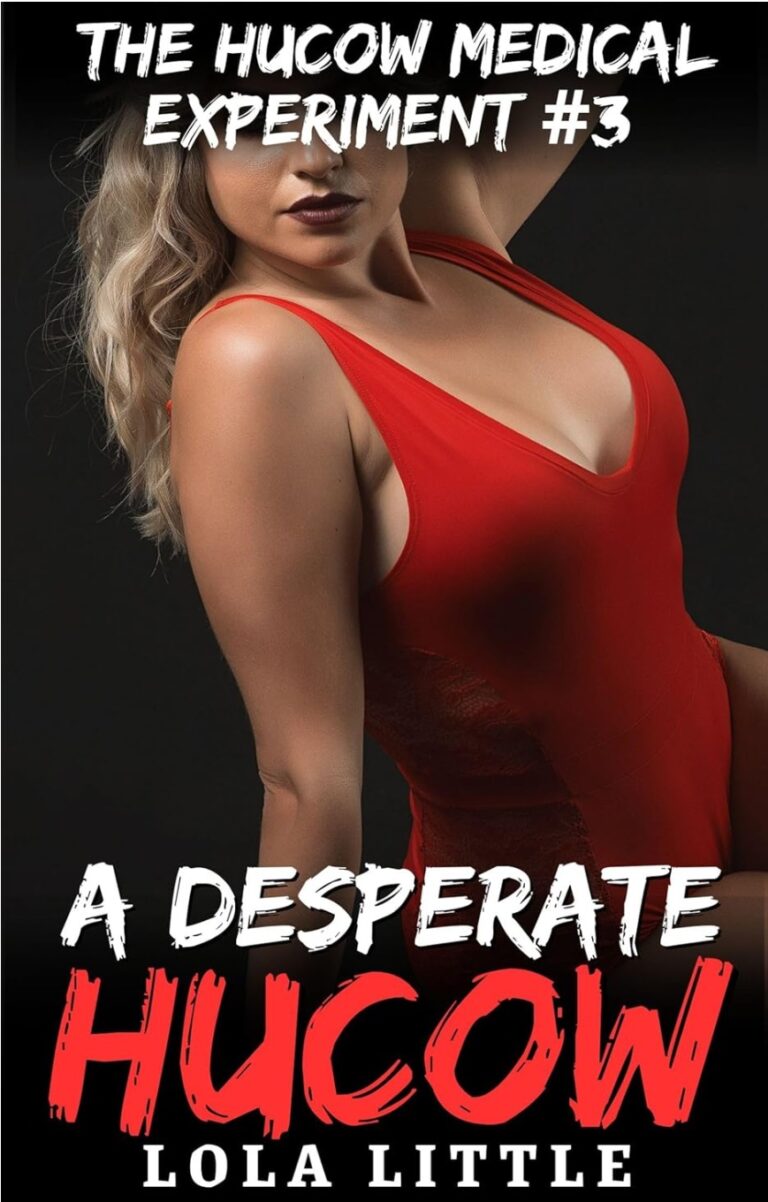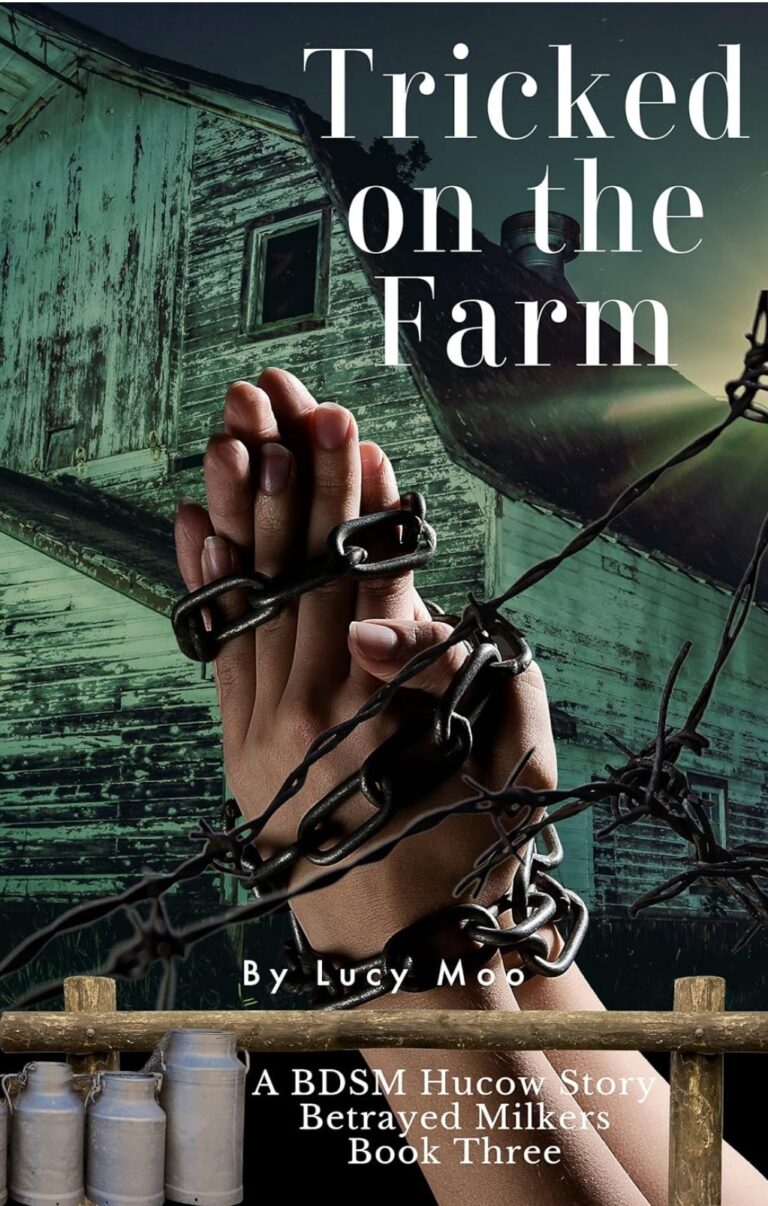When writing trauma for your Hucow characters, the goal is to create emotional depth that enhances their transformation journey. Trauma can manifest in various ways and serve as a compelling backstory that affects how the heroine interacts with her world, the alpha male, and her new role as a Hucow.
Below are some of the best trauma examples that can add richness to your story.
Table of Contents
Toggle1. Betrayal by a Loved One
- Why It Works: Betrayal leaves deep emotional scars, especially when it comes from someone the character trusted. This trauma can make the heroine wary of trusting the alpha male or resisting her new role, as she associates vulnerability with pain.
- Story Application: Your heroine may have been betrayed by a lover, family member, or friend, making her skeptical of relationships and control. She resists the alpha male’s dominance at first, but as he shows care, she gradually learns to trust again, making the final embrace of her role even more powerful.
2. Loss of a Child or Loved One
- Why It Works: Grief over losing a loved one creates a heavy emotional burden that influences every decision the character makes. The heroine might shut herself off emotionally or try to control everything to avoid further pain.
- Story Application: Your heroine may have lost a child or partner, making her reluctant to submit to the alpha male or enter the breeding process. Her trauma could be triggered by the very idea of starting over or embracing a new family dynamic. Her eventual healing could come through accepting her new life as a Hucow, where she finds a sense of renewal.
3. Abandonment or Rejection
- Why It Works: Characters with abandonment issues fear being left behind, which can lead to strong defense mechanisms, such as refusing emotional intimacy or resisting submission. The idea of giving up control can be terrifying because it mirrors the vulnerability they experienced when they were abandoned.
- Story Application: The heroine might have been abandoned by her family, left by a past lover, or emotionally neglected as a child. This fear of abandonment can drive her resistance to becoming a Hucow, as she fears being vulnerable again. Over time, the alpha male’s consistency and care help her confront this trauma, making her transformation even more satisfying.
4. Survivor of Abuse
- Why It Works: Abuse leaves lasting scars, especially when it involves manipulation, control, or physical harm. Survivors often struggle with issues of power and trust, making it difficult for them to accept roles that involve submission or perceived helplessness.
- Story Application: The heroine may have survived physical or emotional abuse from a past partner, making her instinctively fight against the alpha male’s dominance. Her journey can involve learning the difference between abuse and consensual submission, eventually finding empowerment in her role as a Hucow when she regains control over her own choices.
5. Fear of Failing or Not Being Good Enough
- Why It Works: Characters with a deep-rooted fear of failure or inadequacy often strive for control to prevent judgment or rejection. This trauma can make the heroine obsessed with proving herself or controlling every situation, making submission difficult for her.
- Story Application: Your heroine may have grown up with high expectations placed on her, leading her to constantly fear failure. In the Hucow transformation process, she initially fights against losing control. Her arc could involve realizing that accepting her new role doesn’t mean failure—it’s a different form of strength.
6. Guilt Over a Past Mistake
- Why It Works: Characters haunted by guilt often try to atone for past mistakes by controlling their surroundings or avoiding intimate connections. The burden of guilt can keep them emotionally closed off, resisting vulnerability or trust.
- Story Application: The heroine might feel responsible for a past accident, death, or betrayal. This guilt prevents her from fully embracing her new life because she believes she doesn’t deserve happiness or fulfillment. As the alpha male helps her let go of this guilt, her transformation into a Hucow becomes symbolic of her emotional release and healing.
7. Identity Crisis or Loss of Purpose
- Why It Works: A character grappling with an identity crisis often feels disconnected from themselves and their surroundings. This trauma can lead to fear of change or reluctance to embrace a new role that challenges their previous sense of self.
- Story Application: Your heroine may have lost her sense of purpose—maybe she’s a former athlete, businesswoman, or soldier who feels disconnected from her past identity. The Hucow transformation initially feels like another blow to her sense of self, but as she grows emotionally, she finds new purpose and empowerment in her new role.
8. Financial or Social Ruin
- Why It Works: The trauma of losing everything—whether it’s wealth, social status, or career—can make characters feel powerless, desperate, or ashamed. They might cling to control in any area of their life to avoid further losses.
- Story Application: The heroine may have come from a place of high social standing, only to lose everything and be forced into the Hucow lifestyle as a means of survival. Her initial resistance stems from shame and fear of losing even more control over her life. As she learns to find fulfillment and new meaning in her transformation, she discovers that her worth isn’t tied to her past status.
9. Overwhelming Need to Protect Others
- Why It Works: Characters driven by the need to protect others often sacrifice their own emotional well-being. They can be overly controlling or resistant to vulnerability because they feel responsible for everyone else’s safety.
- Story Application: The heroine may have spent her life caring for a sick family member or protecting younger siblings. She resists the Hucow transformation because she feels it will make her vulnerable and unable to protect those she cares about. Eventually, she learns that accepting her role doesn’t mean losing her strength—it just means finding a new way to care for herself and others.
10. Cultural or Societal Conditioning
- Why It Works: Characters raised in strict or oppressive environments may carry trauma related to rigid expectations or repressed desires. They might have been taught to deny their true nature, leading to inner conflict and resistance.
- Story Application: The heroine may come from a conservative background where she was taught to suppress her sexuality or independence. The Hucow transformation represents everything she was told to fear or avoid. Her journey involves breaking free from the conditioning of her past and discovering that submission and transformation don’t equate to shame—they’re empowering in their own way.
11. Isolation and Loneliness
- Why It Works: Characters who have experienced extreme isolation or loneliness often have difficulty forming close connections or trusting others. This type of trauma can make your heroine hesitant to accept the companionship of other Hucows or the alpha male.
- Story Application: Perhaps your heroine grew up in isolation—whether physically or emotionally—leading her to develop fierce independence or a mistrust of others. When she enters the Hucow world, her initial instinct is to resist forming bonds. The alpha male and the other Hucows could gradually break through her emotional barriers, teaching her the power of community and belonging.
12. Abandonment of Personal Desires
- Why It Works: Some characters have spent their entire lives sacrificing their own desires to meet the expectations of others. This kind of trauma can create internal conflict, as the heroine struggles with her own needs and the idea of submitting to the desires of someone else (like the alpha male).
- Story Application: Your heroine might have given up her dreams—whether for career, love, or family obligations. When faced with the Hucow transformation, she initially resists, fearing that once again, she’s being asked to abandon herself. However, as she becomes more comfortable with the role, she realizes that embracing her new life is not about giving up her desires—it’s about discovering new ones and finding fulfillment.
13. Abandonment by Parents or Authority Figures
- Why It Works: Abandonment by parents or important authority figures in childhood often leaves deep emotional wounds, manifesting as an inability to trust others or fear of forming attachments. The heroine may struggle with the idea of submitting to the alpha male because she associates authority with abandonment or pain.
- Story Application: Your heroine may have grown up in foster care, or her parents may have left her at a young age, forcing her to take care of herself. The alpha male’s dominance initially triggers feelings of abandonment and fear, but as she begins to trust him, the transformation represents healing and acceptance of a new kind of authority—one that provides care and security.
14. Survivor’s Guilt
- Why It Works: Survivor’s guilt creates deep emotional scars, especially if the character feels responsible for the death or suffering of someone else. This trauma can manifest as self-punishment or resistance to anything that might bring the character joy or fulfillment.
- Story Application: Your heroine might have survived an accident or traumatic event that claimed the life of a friend, sibling, or loved one. She feels guilty for being alive and initially resists the Hucow transformation because she doesn’t believe she deserves happiness. The alpha male, through his care and guidance, helps her confront this guilt and find emotional healing in her new life.
15. Forced Independence
- Why It Works: Characters who were forced to be independent at a young age often have difficulty trusting others or relying on anyone but themselves. This type of trauma can create a powerful internal conflict when the heroine is faced with the idea of submission.
- Story Application: Your heroine may have had to grow up too fast—perhaps she raised her siblings, or she was thrust into adulthood without guidance. This forced independence makes her fiercely protective of her own autonomy, leading her to resist the alpha male’s dominance. Her journey is about learning that submission doesn’t equate to weakness—it’s a choice, and sometimes, allowing others to care for her is a form of strength.
Final Thoughts
Crafting Trauma for Deeper Emotional Arcs
When done thoughtfully, trauma can add layers of emotional complexity to your Hucow stories. By giving your heroine a backstory filled with unresolved pain, you create opportunities for growth, healing, and transformation. The key is to ensure that her trauma is directly tied to her emotional and physical journey—whether it’s learning to trust again, overcoming fears, or letting go of guilt.
By exploring how trauma impacts your heroine’s choices and resistance, you can make the eventual transformation feel earned, giving readers an emotionally satisfying experience.
References and More Information
Here are several valuable references that provide insights into using trauma to create emotionally complex and compelling Hucow characters, helping to deepen their backstory and enrich their emotional journey:
“How Trauma Shapes Character in Fiction” by Reedsy
This article explains how trauma can influence a character’s development, behavior, and relationships, offering practical advice on using trauma to deepen storytelling.“The Power of Trauma in Character Backstory” by The Write Practice
This post explores how to use trauma in backstory to create more compelling, layered characters that resonate with readers.“Using Emotional Wounds to Build Compelling Characters” by Writers Helping Writers
This article discusses how emotional wounds, such as trauma or loss, can be used to develop well-rounded, relatable characters.“Character Flaws: Building Depth Through Trauma” by Now Novel
This reference delves into how trauma and flaws contribute to a character’s emotional depth, making them more relatable and interesting to readers.

